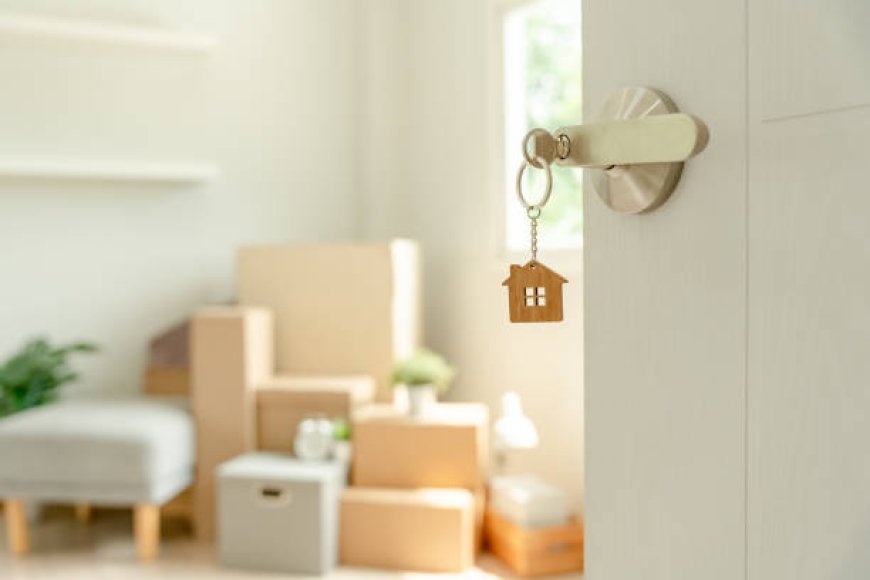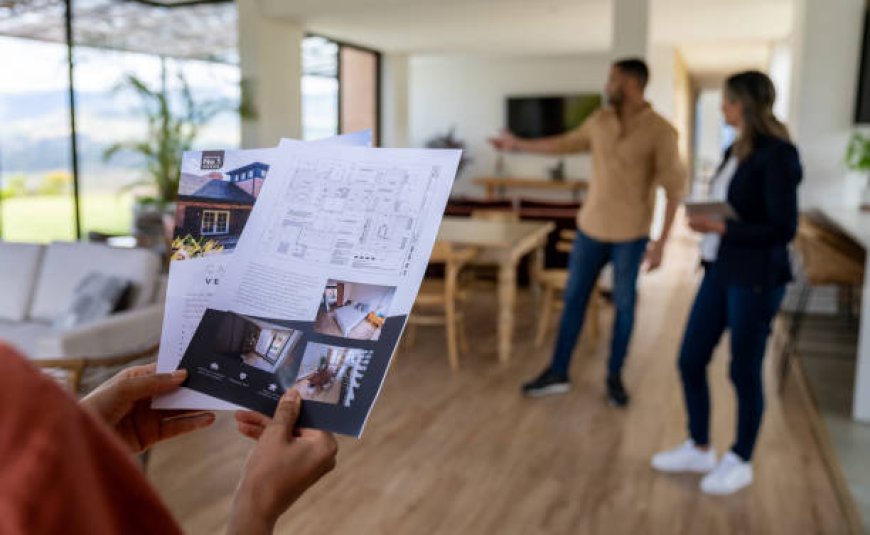How to Buy a House? A Complete Guide
Discover how to buy a house with this easy guide. Learn about budgeting, mortgage approval, house hunting, closing, and more—perfect for first-time homebuyers.
Buying a house is one of the biggest financial decisions you’ll ever make. Whether you’re a first-time homebuyer or someone looking to move into a new place, understanding each step in the home buying journey can save you time, stress, and money. In this guide, we’ll walk you through everything you need to know about how to buy a house—from preparing your finances to finally getting the keys to your new home.
Understanding Your Finances First
Before you start looking at homes, it’s important to understand your financial situation. Begin by checking your credit score, reviewing your savings, and calculating how much you can afford. Most lenders suggest that your total housing costs should not exceed 28% to 30% of your gross monthly income. It’s also essential to factor in property taxes, homeowners insurance, and maintenance costs. Having a clear budget helps you avoid overspending and sets realistic expectations.
Getting Pre-Approved for a Mortgage
The next important step in learning how to buy a house is getting pre-approved for a mortgage. A mortgage pre-approval gives you a clear idea of how much a lender is willing to loan you and shows sellers that you are a serious buyer. To get pre-approved, you’ll need to provide financial documents such as tax returns, bank statements, and proof of income. Once approved, you’ll receive a letter stating the amount you qualify for, which will help guide your home search.
Finding the Right Real Estate Agent
A real estate agent can make the home buying process much easier, especially if this is your first time. A good agent will understand the market, help you find homes that fit your budget, and guide you through every step of the process. They can also help you negotiate with sellers and manage paperwork, inspections, and timelines. When choosing an agent, look for someone who has good reviews, knows the local area, and communicates clearly.
Starting Your House Hunt
Now comes the exciting part—searching for your dream home. Make a list of what matters most to you, such as the number of bedrooms, location, nearby schools, or yard space. Visit different neighborhoods, attend open houses, and explore listings online. Don’t rush—take your time and compare multiple homes. It’s okay to be picky when it comes to a place you may live in for many years.
Making an Offer
Once you find a house you love, it’s time to make an offer. Your real estate agent will help you decide on a fair price based on the home’s value and the current market. The offer will be written in a purchase agreement that includes the price, any conditions, and a closing date. The seller may accept, reject, or make a counteroffer. Negotiations can go back and forth until both sides agree.
Getting a Home Inspection
After your offer is accepted, schedule a home inspection. This step is very important in the process of how to buy a house because it can reveal problems that may not be visible at first glance, like roof issues, plumbing leaks, or electrical problems. If the inspection finds major issues, you can ask the seller to fix them, lower the price, or even back out of the deal if necessary.
Finalizing the Loan and Appraisal
During this time, your lender will start the process of underwriting the loan. They will also order an appraisal to make sure the home is worth the amount you’re borrowing. If the appraisal comes back lower than the agreed price, you may need to renegotiate or make up the difference with cash. Once all conditions are met, the lender will approve your mortgage.
Closing the Deal
The final step in buying a house is the closing. This is when you sign all the paperwork, pay any closing costs, and officially take ownership of the home. A closing meeting usually includes your real estate agent, the seller, and a closing agent or attorney. Once everything is signed and processed, you’ll get the keys to your new home—and you’re officially a homeowner.
Moving In and Settling Down
Now that you’ve completed the process of how to buy a house, it’s time to move in. Plan your move, set up utilities, and make your new house feel like home. Whether it’s painting walls, adding furniture, or planting a garden, this is the part where you truly make the place your own. It’s also smart to review your mortgage terms and set reminders for payments so you stay financially on track.
FAQs
1. How long does it take to buy a house?
The entire process usually takes 30 to 60 days, but it can vary based on market conditions, loan approval, and seller response.
2. What credit score is needed to buy a house?
Most lenders prefer a credit score of at least 620, but the higher your score, the better your interest rate and loan options.
3. Do I need a 20% down payment?
No. Many loan programs allow you to buy a house with as little as 3% to 5% down, though paying more upfront lowers your monthly costs.
4. What are closing costs?
Closing costs include fees for the loan, title, inspection, and more. They usually range from 2% to 5% of the home’s purchase price.
5. Can I buy a house without a real estate agent?
Yes, but having an agent can help you negotiate better deals, avoid legal mistakes, and make the process much smoother.





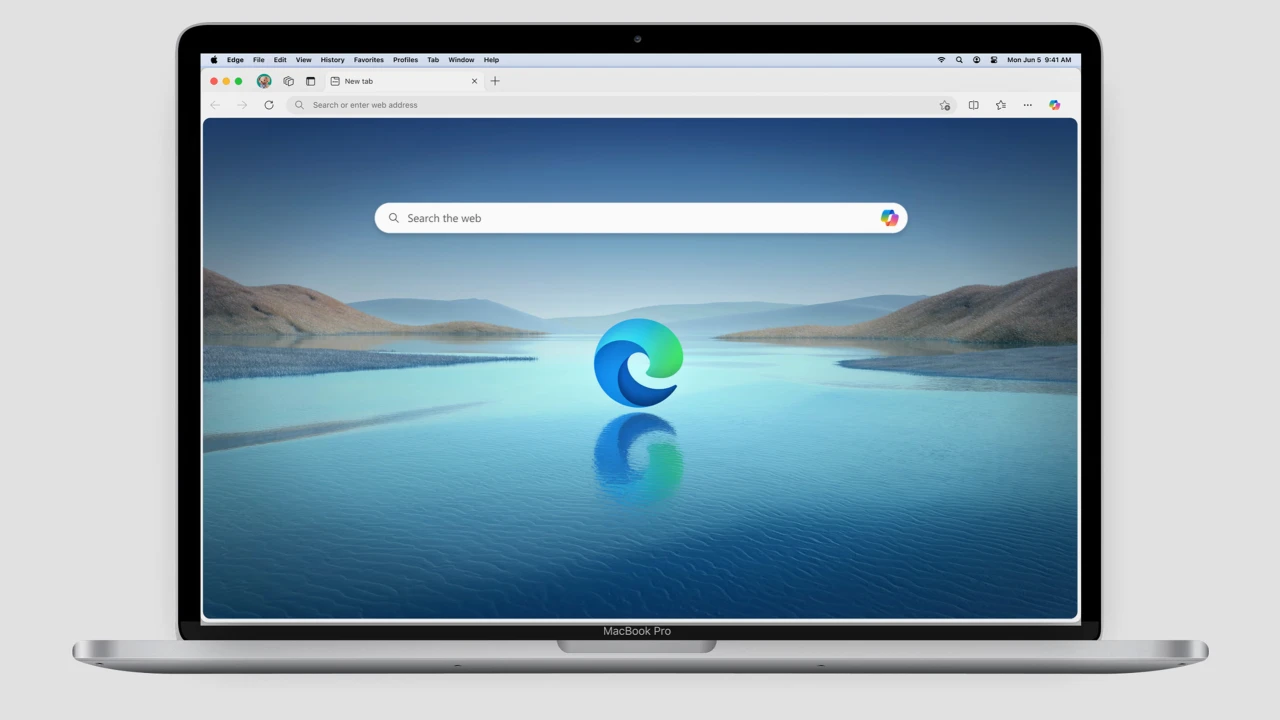
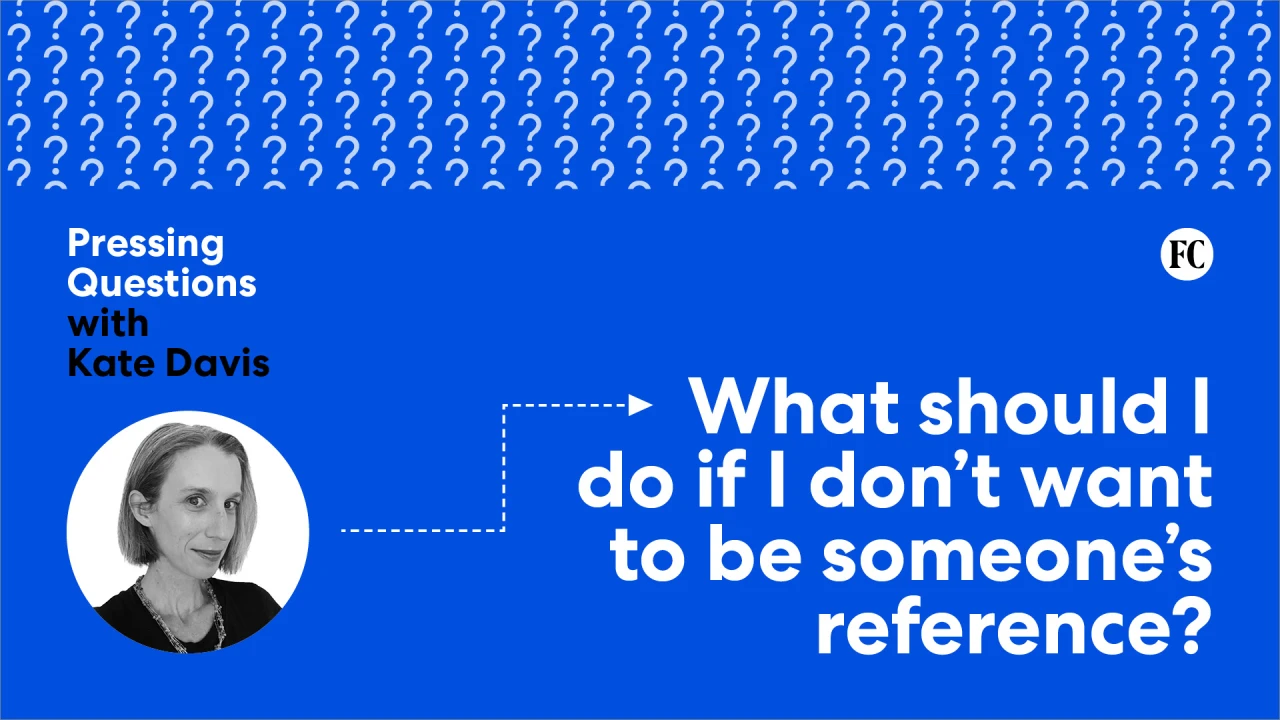































































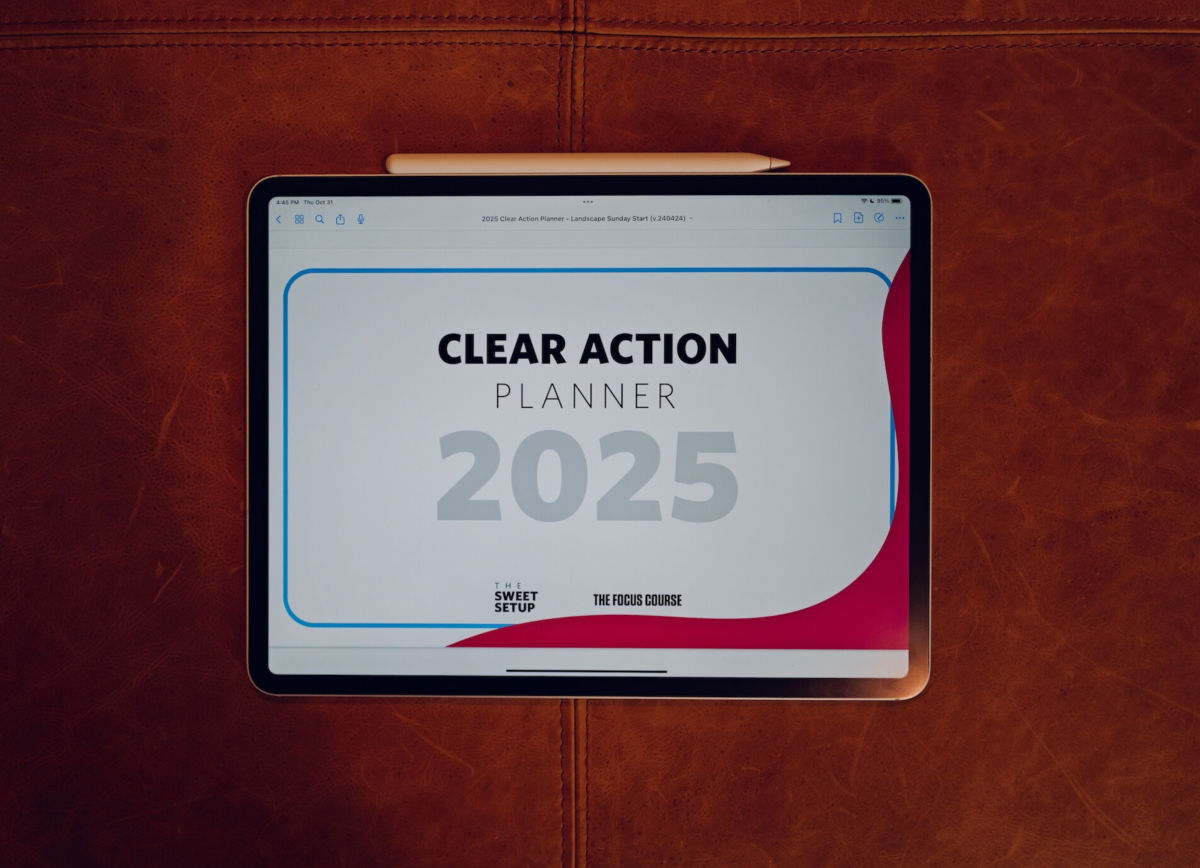
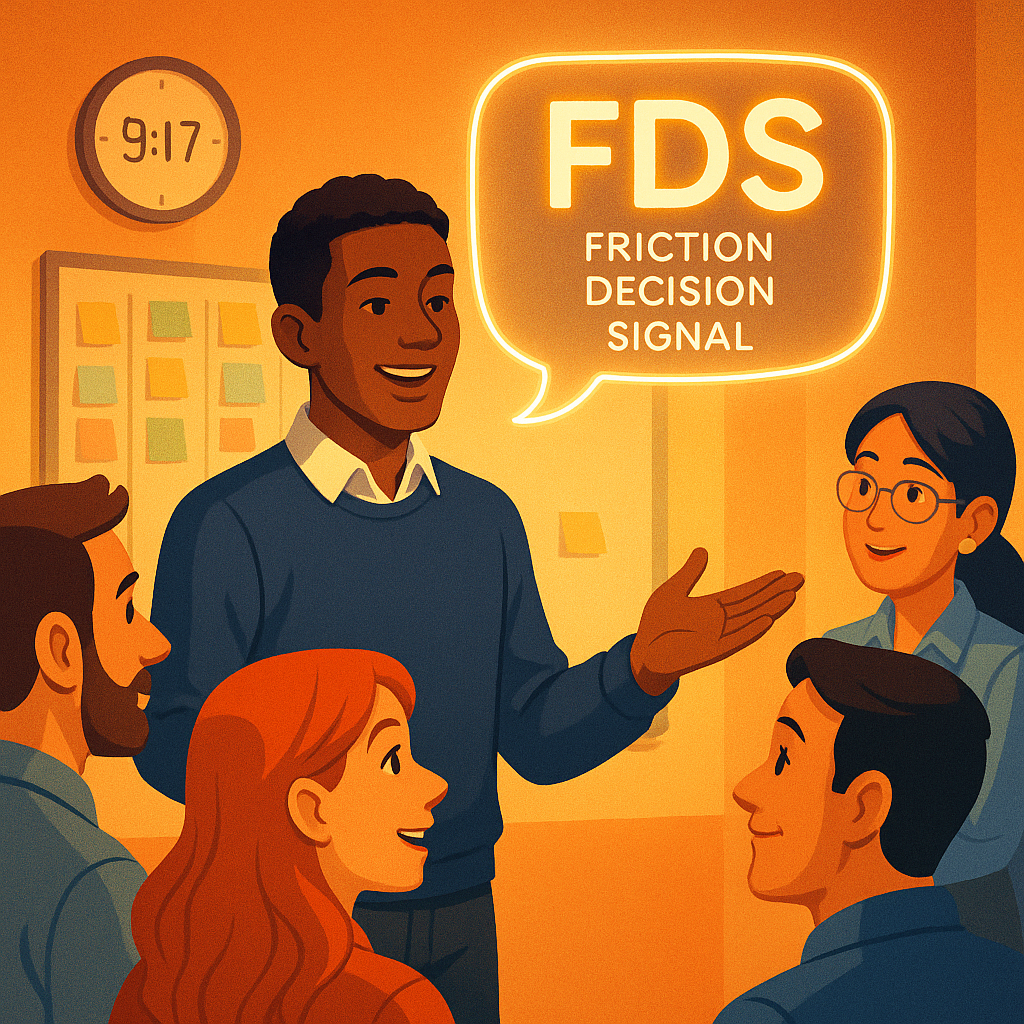







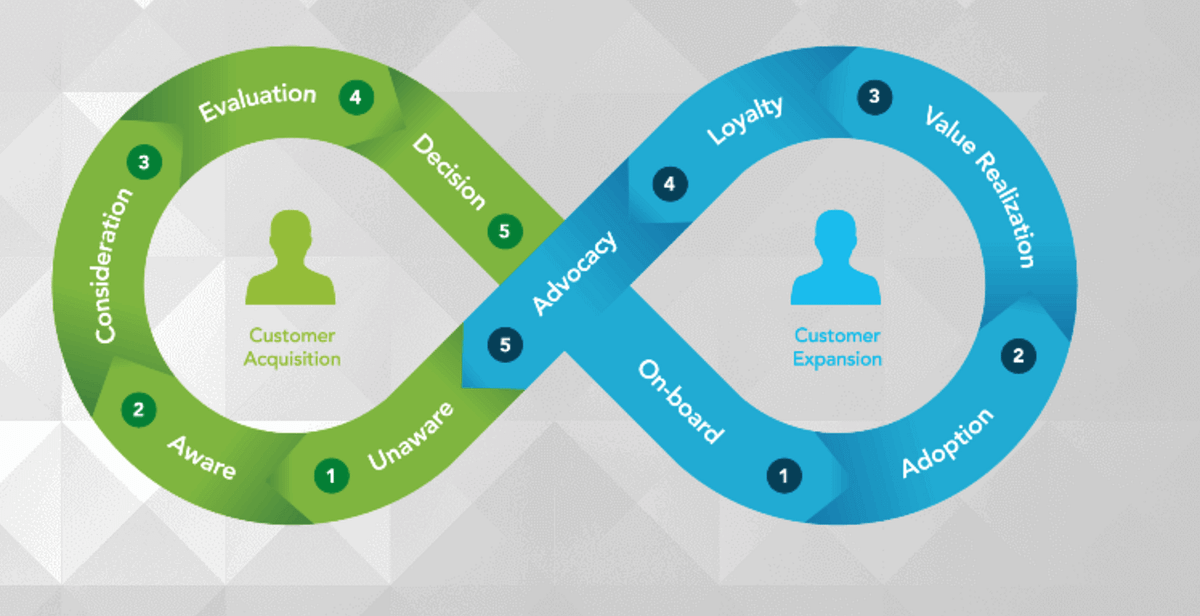


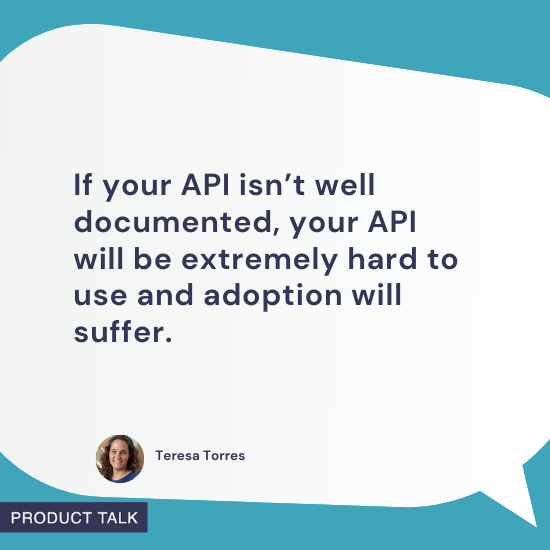














![Building A Digital PR Strategy: 10 Essential Steps for Beginners [With Examples]](https://buzzsumo.com/wp-content/uploads/2023/09/Building-A-Digital-PR-Strategy-10-Essential-Steps-for-Beginners-With-Examples-bblog-masthead.jpg)










































